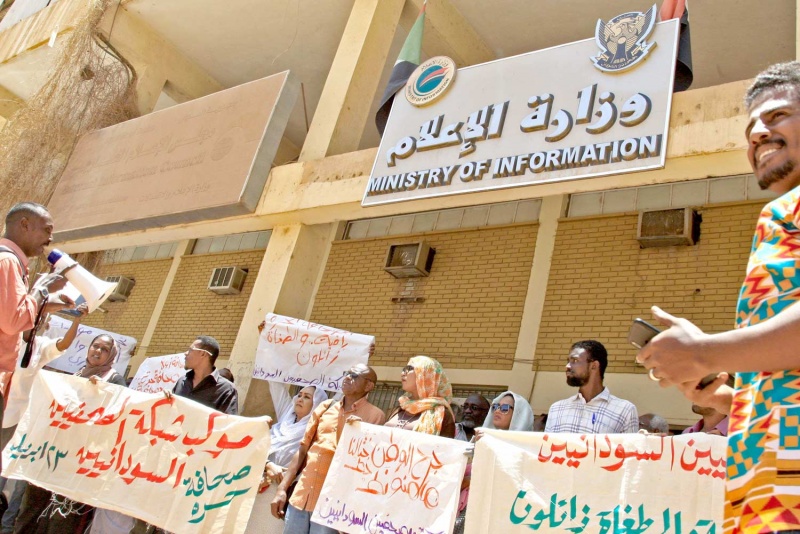This message is not intended to analyze the deep-rooted problems within Sudanese media and journalism—I am not in a position to make such an assessment. Nor does the Sudanese public need a spokesperson, for Khartoum is rich with media minds capable of representing Sudan, its image, its issues, and its culture across African, Arab, and global media platforms.
Rather, this message comes from a Gulf citizen deeply troubled by Sudan’s continued absence from its rightful place in the regional media narrative.
During a small cultural gathering I attended with fellow emerging Gulf researchers, the discussion centered on the recent peace agreement signed in Juba (South Sudan). To my surprise, everyone—without exception—expressed a singular opinion: that Sudan could only find stability under military rule, and that the Juba peace agreement would be nullified if civilians took power.
What was alarming was the lack of basic knowledge among the participants. They were unaware of the events leading up to the agreement or even the major political turning points before and after the 1989 coup. One person could not differentiate between Joseph Lagu, who coined the term « South » in his movement’s name, and John Garang, who transformed it into a cause.
In that moment, I asked myself: has the failure of Sudanese media to market itself and present its issues to Gulf readers since independence contributed to the fluctuating Gulf stance on Sudan? The question lingered silently in my mind as I listened to the discussion, and I recalled the words of the late Dr. Jaafar Mohamed Bakhit, Secretary-General of the Sudanese Socialist Union, who, when asked about Sudanese journalism in 1972, said:
“The field of journalism in Sudan generally lacks competence. Most journalists do not meet the intellectual requirements of the current stage and its economic, political, social, and cultural concerns. Journalistic training has been weak and outdated. Some journalists have reached a point of intellectual stagnation. The Sudanese intellectual has not yet fully occupied his role in shaping opinion. Many use their intellect for personal gain, similar to artists.”
Nearly fifty years later, is his statement still valid?
Sudanese media remains absent from Gulf screens. It has failed to introduce itself to a Gulf audience eager to learn about Sudan’s richly diverse culture—an inevitable result of its geographic and historical composition that blends Arab and African identities. During my extended stay in Khartoum, I saw no valid reason for the absence of Sudanese politics, folklore, drama, and art from Gulf platforms—especially when Gulf productions, even if modestly, do find airtime in Sudan.
At one point, I convinced myself that Sudan’s reserved social nature may have contributed to this media retreat—that Sudanese media shied away, either out of a lack of confidence in its content, or a lack of awareness of its own historical value. But as I got closer to Sudanese intellectuals, I came to understand a reality I had never grasped before.
These intellectuals are firmly convinced that Sudan has long been abandoned by the Gulf and Arab world. This abandonment, they believe, extends to ignoring the contributions of prominent Sudanese figures who played vital roles in the development of Gulf states. Furthermore, there has been little Gulf interest in understanding Sudan from the inside—relying instead on biased sources and individuals who, intentionally or not, portray Sudan as a mysterious, unstable country.
This has bred resentment in Sudanese society—an emotion I came to understand and empathize with. It is now my duty to reflect this perspective back to Gulf media, in hopes that it may reconsider and begin to see Sudan through a new lens.
Due to the weakness of Sudanese media in representing itself, Sudan’s issues have often been exploited against its national interests. A deep chasm exists between Sudanese and Gulf media that must be addressed. Sudanese narratives must come from Sudanese voices—its media and intellectuals.
It is time for Sudanese media to develop a new language, one that speaks effectively to Arab, Gulf, and African audiences alike. Khartoum does not lack the expertise or resources to begin this transformation, aligned with the aspirations of its revolutionary spirit.
Isn’t it time Sudanese media introduced itself to us?
Dr. Amina Al-Arimi
An Emirati researcher specializing in African affairs.

